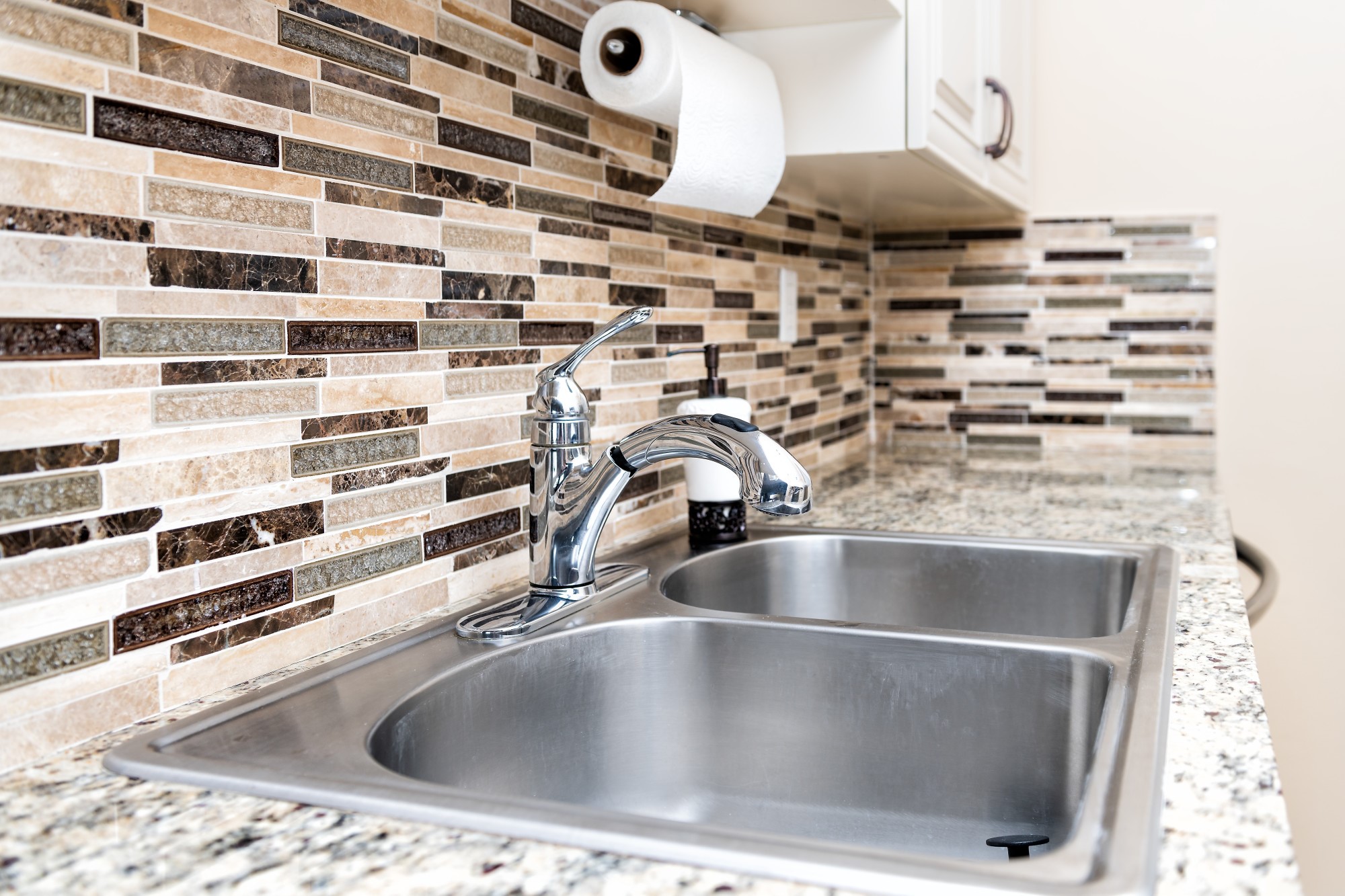Home Improvement
Types of Backsplashes

Backsplashes
Do you find yourself scouring Pinterest for hours at a time, searching for beautiful future home ideas? Was the latest trend in home decor dazzling tiles around your kitchen sink?
If you said yes, you’re going to want to read this article. We know that choosing a backsplash is a painstaking task. Finding the most pleasing color and the perfect tiles.
You’ve come to the right place. Read on to learn about the types of backsplashes for your kitchen.
Classic White Tile Backsplashes
These white tiles complement any color scheme, from neutral white and grey tones to vibrant colors. They are perfect for creating a classic look and come in a variety of shapes and sizes to fit any style.
Classic White Tile Backsplashes are highly durable and easy to clean, making them an ideal choice for busy kitchens. They can also be used to add texture and dimension to flat walls, adding a unique touch to any kitchen area.
Modern Metal Backsplashes
Metal backsplashes come in a variety of materials, such as stainless steel, copper, tin, brass, and aluminum. Using a mixture of patterns, textures, and colors, can be used to add depth and contrast to a kitchen.
It can be used in combination with tile to create interesting patterns and textures. Glass and ceramic tiles can also be used with metal backsplashes, adding a unique appeal to the overall aesthetics of the kitchen.
Brick & Stone Backsplashes
Brick brings a traditional, classic look with its unique texture and timeless style. Stone provides a more contemporary and classic style. The combination of the two materials gives a unique, warm feeling to any kitchen while offering a wide range of colors.
A good stone kitchen backsplash can go a long way in enhancing the overall look of your kitchen. From rustic brick and classic white stone to sleek modern pieces and colorful options, this offers a variety of options to fit any style.
Mosaic & Glass Backsplashes
Mosaic and Glass Backsplashes add texture and color to any space and are easy to install, clean and maintain. Mosaics can be made from glass chunks or tiles and used to create intricate patterns or designs.
Glass ones are usually made from large sheets of Glass that are cut to fit the wall and are available in many colors, textures, and designs. You may check this website with glass tile backsplash. They are easy to maintain due to their scratch and heat-resistant properties.
Textured & Patterned Backsplashes
Textured backsplashes are created by using tile, masonry, plaster, or other material that has a rough, layered surface. These textures can be generated from various patterns and materials such as natural stone, ceramic tile, metal, and Glass.
Patterned backsplashes, on the other hand, involve the use of mosaics or tiles arranged in a specific design. These are a great way to personalize your kitchen and add character to your decor.
Read More About Backsplashes
A backsplash can be an effective way to add style and personality to a kitchen. With a wide range of materials, styles, and colors available, there are endless options to choose from.
If you’re looking to add a touch of character to your kitchen, explore the types of backsplashes available and take the time to select one that compliments your existing design.
Did you find this article helpful? Check out the rest of our blog for more!
Kenneth is a proud native of sydney, born and raised there. However, he pursued his education abroad and studied in Australia. Kenneth has worked as a journalist for almost a decade, making valuable contributions to prominent publications such as Yahoo News and The Verge. Currently, he serves as a journalist for The Hear Up, where he focuses on covering climate and science news. You can reach Kenneth at [email protected].










